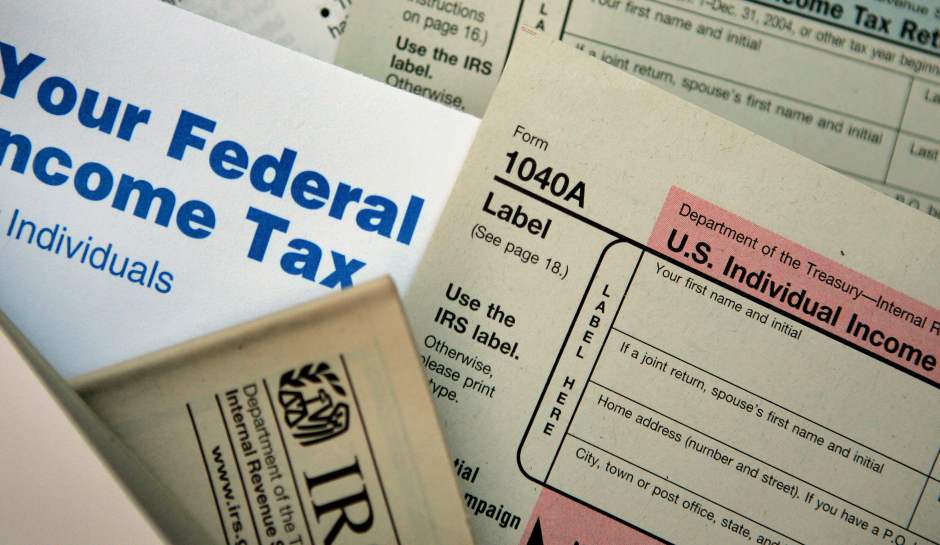If you move as part of a corporate relocation, some of your moving expenses may be tax deductible. Here are some of the required criteria for writing off your move when tax season comes around.
The 50 Mile Rule
If you are relocating within the same town, your move will not qualify for a deduction. Your new commute to work must be at least 50 miles farther than it was from your previous home to qualify your move for tax deductions. This rule is kind of confusing, right? Here’s an example. If your previous commute to work was eight miles each way, then the commute from your NEW job to your OLD home must be at least 58 miles, using the most direct route between the two locations.
Time Requirement
In addition, you must work full time for at least 39 weeks out of 52 weeks for your move to be considered a deductible expense. In other words, your 12 months starts the day after you arrive at your new house. Within that first year, you must work at least 40 hours per week for 39 weeks. However, the weeks do not have to be consecutive and they can be for multiple employers.
Which Moving Expenses are Tax Deductible?
If you meet these two main requirements, the costs of transporting your personal items and household goods can likely be deducted. Some of the costs that can be itemized on your taxes may include:
- Up to 30 days of storage, if you were not able to move to your new home immediately
- Utility service hookups at your new home
- Packing costs
- Shipping expenses
- Hotel lodging during the move if needed, or airline/train fare for long-distance moves
- Oil, gasoline, parking fees and tolls if driving your personal vehicle (or the annual standard mileage rate allowed by the IRS)
When can you file a moving expense deduction?
Most taxpayers will not meet the 12-month time test until the following year. However, the IRS will allow you to claim the deduction in the year you move, even before you technically meet the requirement. To claim your moving expenses, you must report all relocation costs on IRS Form 3903 during the year of your move and attach it to your regular tax return. If you find that you did not meet the distance and time requirements at the end of the 12-month period, you must claim the income the next year or amend your original tax return. Check with a qualified tax professional if you have any questions about meeting the criteria for deducting your moving expenses.




